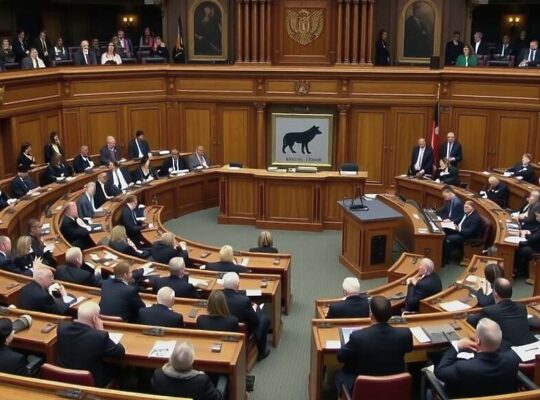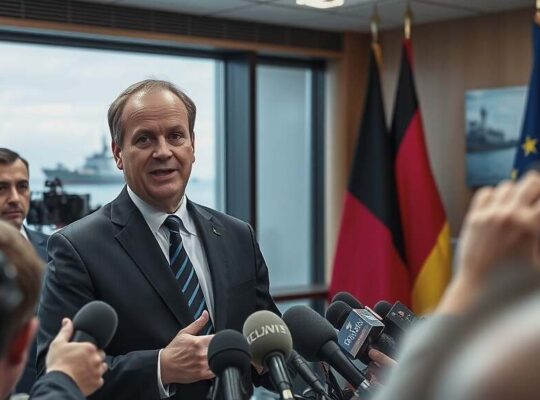A new report from Germany’s Federal Audit Court has raised concerns about the nation’s ability to meet its climate targets, highlighting significant risks surrounding the Climate and Transformation Fund (KTF). The findings, presented to the Bundestag’s Finance Committee and reported by “Handelsblatt”, scrutinize the fund’s structure and projected financial stability.
The audit court expressed serious reservations about the KTF’s reliability as a financing instrument, noting a lack of clarity regarding the extent to which it contributes to reducing greenhouse gas emissions and the associated budgetary resources required.
The fund itself was established through constitutional amendments, a collaborative effort between the Green Party, the Christian Democratic Union and the Social Democratic Party, allowing for the creation of a special asset pool of €500 billion for infrastructure and climate protection. This allows for the channeling of €100 billion into existing climate funds. However, the audit court’s assessment suggests limited operational flexibility moving forward, particularly for 2025 and subsequent years.
Projected revenues for 2025 are significantly reduced compared to the previous year, standing at €36.7 billion. This is compounded by existing commitments totalling approximately €25 billion from prior-year obligations.
Further complicating the situation, the German government intends to utilize the climate fund to cover expenses previously handled by other budgetary lines. These include absorbing the cost of the gas storage levy (€3.4 billion) and financing the International Climate Protection Initiative (€0.6 billion). The report warns these demands could consume a substantial portion of the fund’s incoming revenue.
The findings have drawn criticism from within the German parliament. Ines Schwerdtner, leader of the Left Party, characterized the special fund as a “hardly viable construction” suggesting the touted €100 billion allocation does not provide additional flexibility, but is largely pre-committed. She labelled the process a form of “financial sleight of hand” and advocated for adherence to Germany’s debt brake to achieve meaningful climate action.












